There have been protests, violence and palpable tension around the newly amended citizenship law. The Congress and the rest of the Opposition have successfully managed to create confusion around the amendment and have somehow convinced the Muslim community that it is opposed to them.
New Delhi: It is not exactly the protests that are worrisome. It is the violence that has been systematically orchestrated and the loss of public property, which is very worrisome. Worse, it is around a law that does not affect a single Indian citizen.
Let us here explain and bust all the myths surrounding the law.
What is the Citizenship (Amendment) Bill:
The Bill recently became a law after it was passed by the Indian Parliament
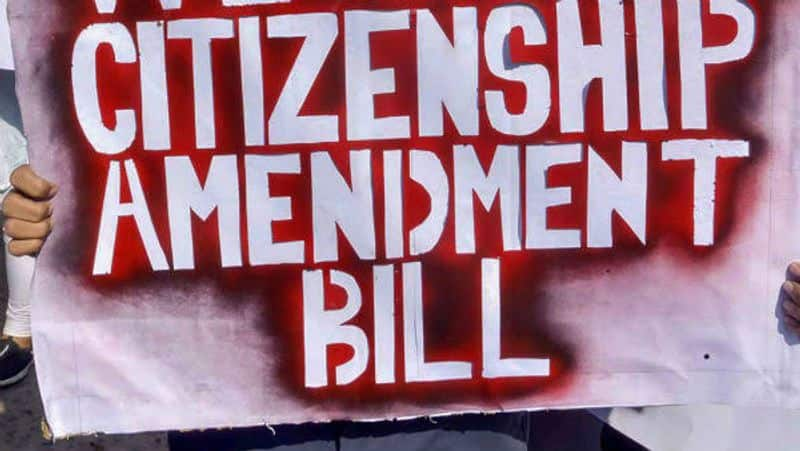
It provides citizenship for religiously persecuted Hindus, Sikhs, Buddhists, Parsis, Jains and Christians
From Afghanistan, Bangladesh and Pakistan - three Islamic countries where Muslims are in majority
Also read: CAA protests: Muslim mob desecrates Hanuman temple in Bihar
Who is protesting:
Misled by the Congress and other opposition parties, the protests are by the Muslims and those from North Eastern States.
It has been made clear that these NE states are where the Inner Line Permit applies

The Muslims say that the Muslims from the three nations are excluded from the law
The wrong notion is that as a result of this law, the Muslims would be deported, which is however untrue
Why North East has nothing to worry about?
Amit Shah clarified that the new law has a clause with regard to the Inner Line Permit.
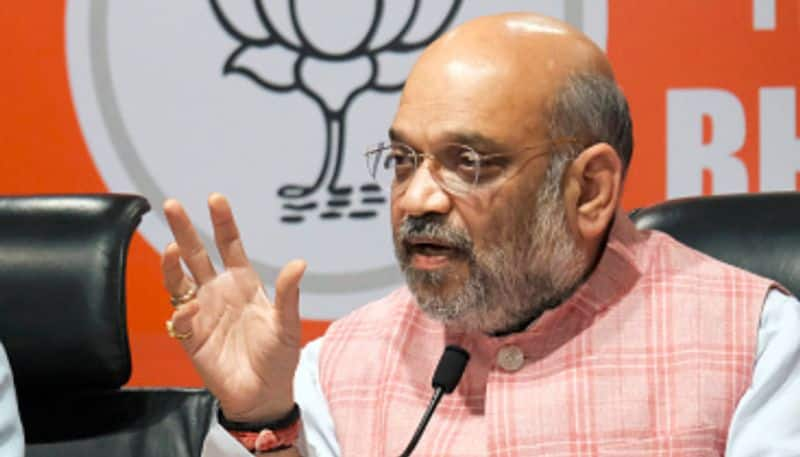
The Inner Line Permit Regimes are governed under the Sixth Schedule of the Indian Constitution
And hence are excluded from the purview of this law
Section 2 of the Bengal Eastern Frontier Regulations of 1873: Arunachal Pradesh, Nagaland and Mizoram fall under the purview of the ILP
The Sixth Schedule on the other hand deals with the autonomous councils
And districts that were created in the tribal areas of Tripura, Assam and Meghalaya enjoy several executive and legislative powers
There are 10 areas across North East which fall under the Sixth Schedule and these are 3 each from Assam, Mizoram and Meghalaya and 1 from Tripura
What is the Sixth Schedule of the Indian Constitution:
The Sixth Schedule deals with the administration of the tribal areas in the states of Assam, Meghalaya, Tripura and Mizoram under Article 224
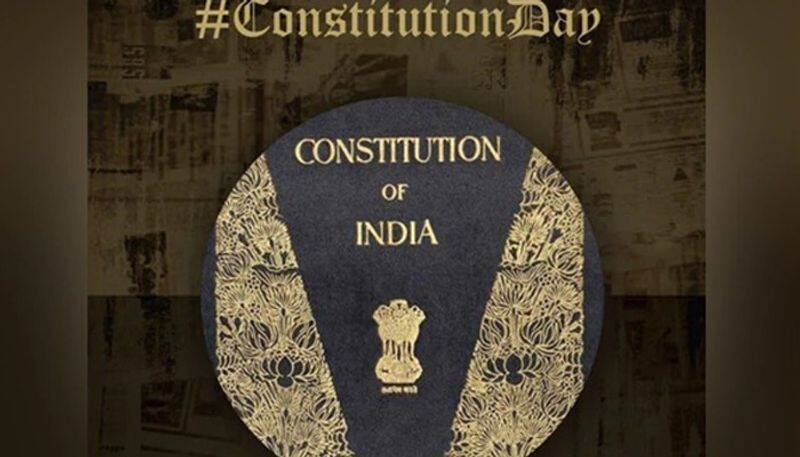
The Sixth Schedule covers 10 autonomous districts in the four states:
Assam: Bodoland Territorial Council, Karbi Anglong Autonomous Council and Dima Hasao Autonomous District Council.
Meghalaya: Garo Hills Autonomous District Council, Jaintia Hills Autonomous District Council and Khasi Hills Autonomous District Council.
Tripura: Tripura Tribal Areas Autonomous District Council.
Mizoram: Chakma Autonomous District Council, Lai Autonomous District Council, Mara Autonomous District Council.
Under the Sixth Schedule, the Governor can increase or decrease the areas or change the names of the autonomous districts
The acts of Parliament or the State legislature do not apply to these autonomous districts
The councils have been empowered with wide civil and criminal judicial powers. However the jurisdiction of these councils are under the jurisdiction of the respective High Courts.
Can no Muslim become a citizen of India?
There is nothing in the Citizenship Law that prevents a Muslim or any other person from any country in becoming a citizen of India
Section 6 of the Citizenship Act says that a person can become a citizenship by naturalisation
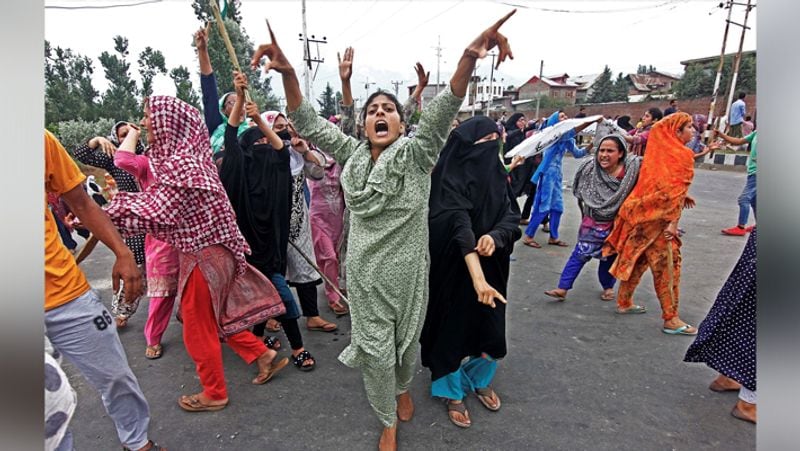
Citizenship of India by naturalisation can be acquired by a foreigner (not illegal migrant) who is ordinarily resident in India for 12 years (throughout the period of twelve months immediately preceding the date of application and for 11 years in the aggregate in the 14 years preceding the twelve months) and other qualifications as specified in Third Schedule to the Act. Application shall be made in Form-XII
The NRC:
Many have also been protesting the NRC, which has in fact not even come into force
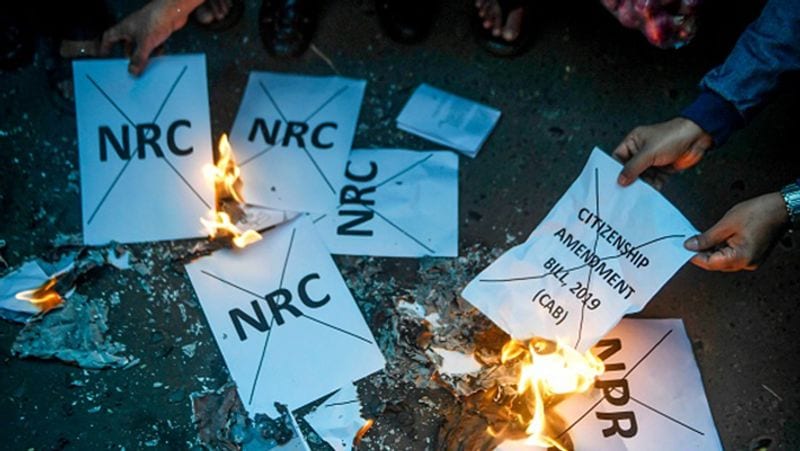
The amended citizenship law aims at giving citizenship, while the NRC is aimed at identifying illegal immigrant
It is only a database to ascertain who is an Indian citizen and who is not
This is basically an exercise that is aimed at identifying the illegal immigrant.
The problem of illegal immigrants today is not just restricted to the bordering areas, but they have managed to reach other parts of the country as well
Even if one is found to be an illegal immigrant, the chances of deportation are bleak as their origin country would never take them back
At best these persons would lose their basic rights such as voting, subsidy, etc
Let us not hyphenate:
The Citizenship Law and the NRC are two completely different issues.
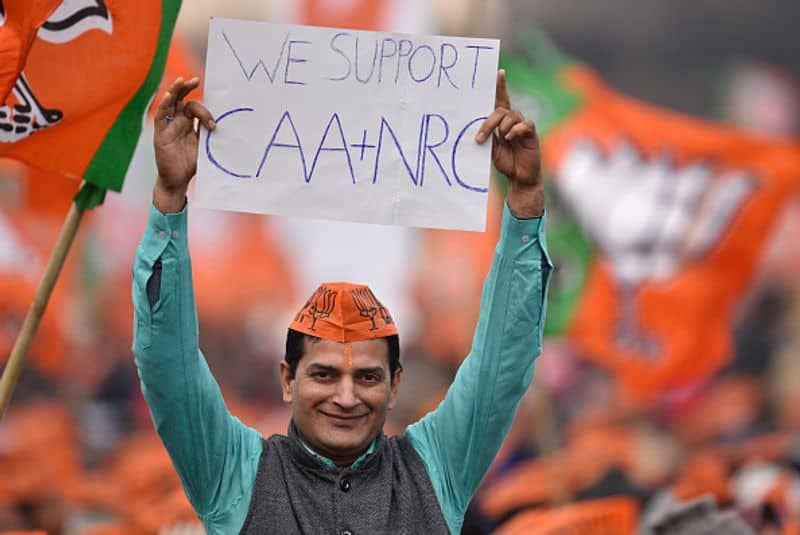
The protesters are indulging in violence on the premise that the NRC is already in force. Let us bear in mind that the NRC is a mandate of the Citizenship Act and is a process to list the names of the Indian citizens. There is a perception that the NRC is aimed at targeting a particular community.
Under the amended Citizenship law, we recognise those who have been religiously persecuted. Article 14 guarantees a fundamental right. It speaks about the equality before the law. However it also says that equality must be among equals. What this act does is make a reasonable classification. The three Islamic countries have been mentioned and the law says that this act applies to those persecuted religious minorities. Hence in a nutshell, the citizenship law is intra vires and not ultra vires of the Indian Constitution. This would mean that it should have no problem in clearing the legal test in the Supreme Court.
Last Updated Dec 23, 2019, 4:55 PM IST










![Salman Khan sets stage on fire for Anant Ambani, Radhika Merchant pre-wedding festivities [WATCH] ATG](https://static-ai.asianetnews.com/images/01hr1hh8y86gvb4kbqgnyhc0w0/whatsapp-image-2024-03-03-at-12-24-37-pm_100x60xt.jpg)
![Pregnant Deepika Padukone dances with Ranveer Singh at Anant Ambani, Radhika Merchant pre-wedding bash [WATCH] ATG](https://static-ai.asianetnews.com/images/01hr1ffyd3nzqzgm6ba0k87vr8/whatsapp-image-2024-03-03-at-11-45-35-am_100x60xt.jpg)



